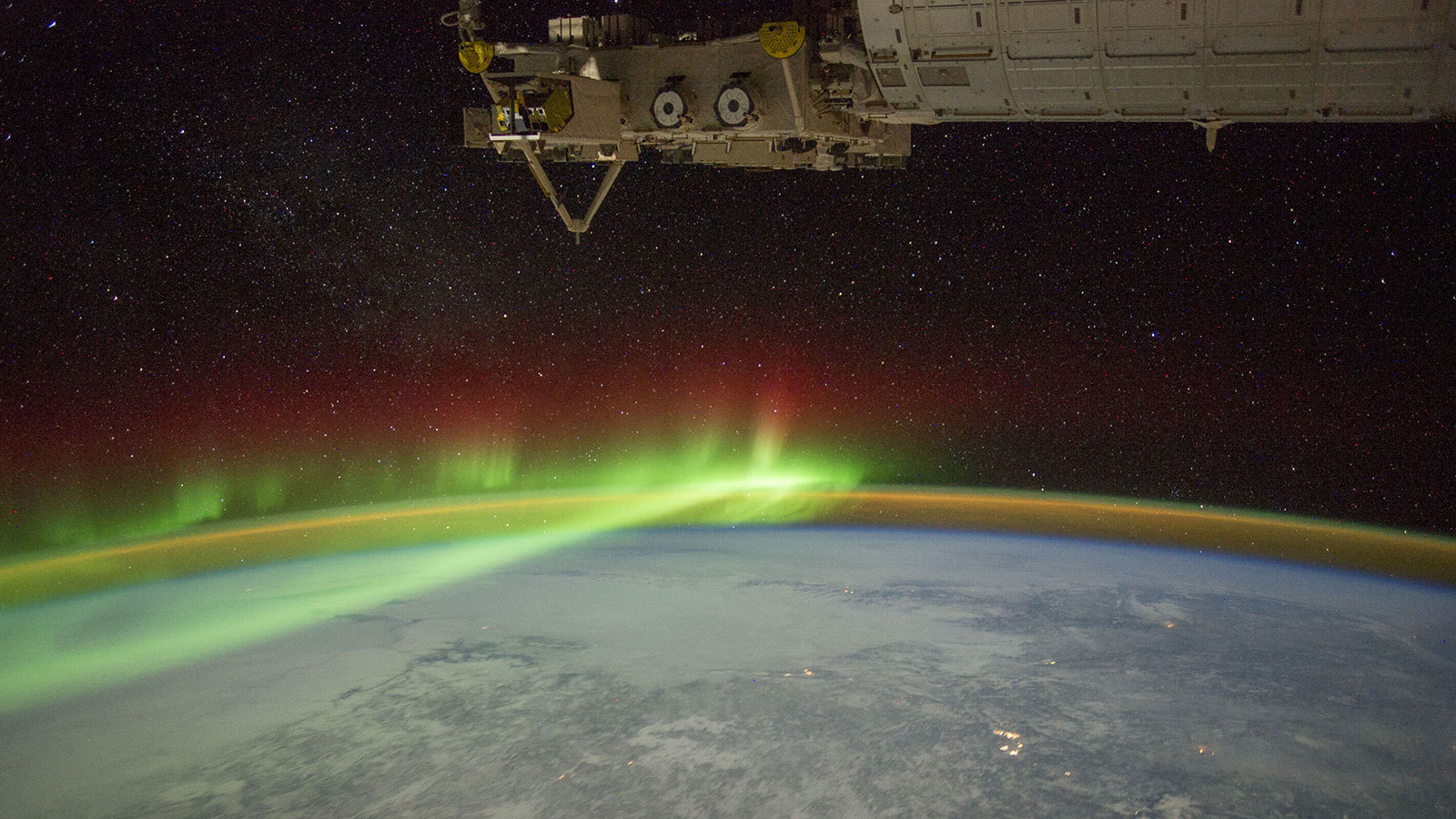Astrometry & Astrophysics : an insight into the Gaia space mission
le 17 novembre 2021, 14h00 à 16h00, Philippe Tatry, salle de conférence, IRAP, site Roche
Philippe TATRY (Airbus Space Systems) will present the Gaia space mission that is dedicated to compile a 3D space catalogue of more than 1 billion stars, celestial objects, … based on a huge volume of astrometry & astrophysics data collected in-orbit since 2014.
The overview will encompass the Science mission objectives, spacecraft key-features, in-orbit operation challenges, ground data processing, astronomy institutes involved, history of this European space programme and some examples of Science results.
This insight will provide an « engineer’s view » on one ongoing space mission to illustrate that flying machine design & operations are very complex/innovative and they are sine-qua-non conditions to allow astrometry & astrophysics discoveries by the astronomy community.






